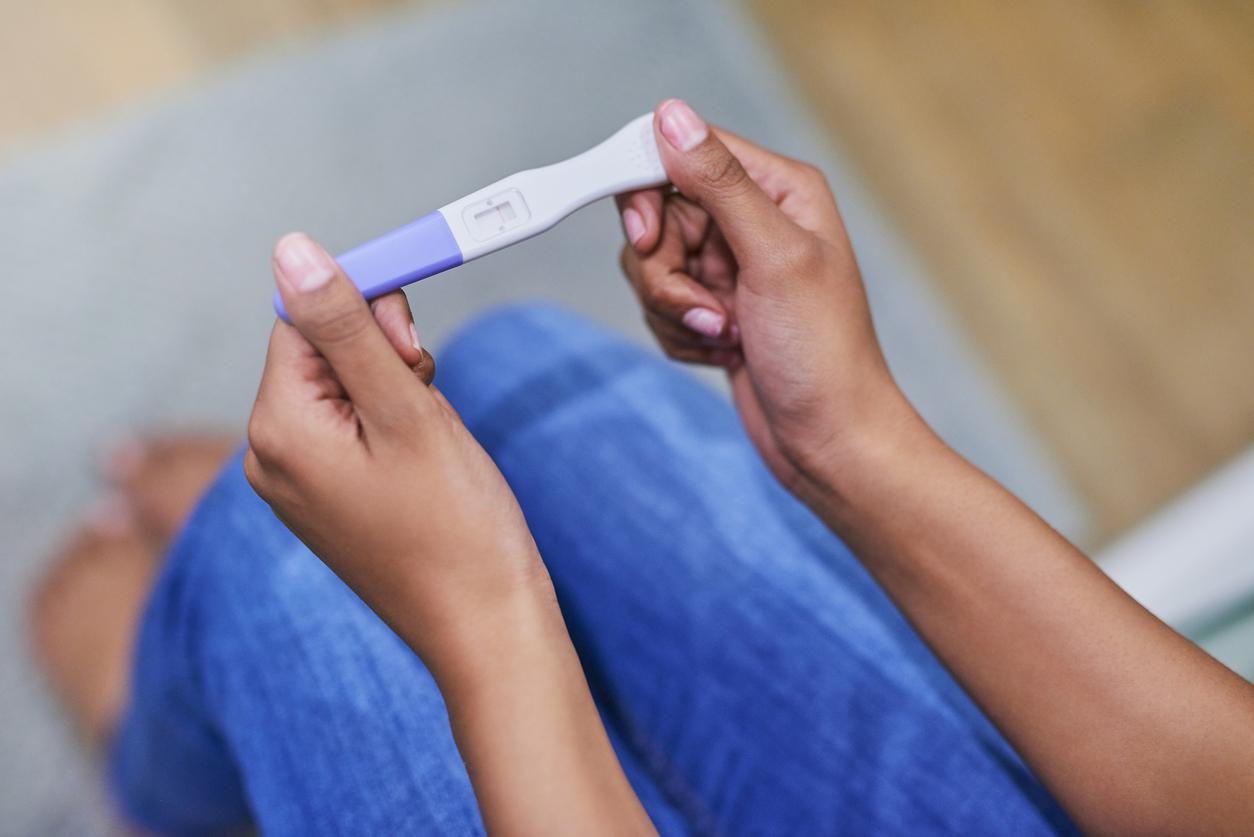The most effective way to determine likely health of a woman's unborn child, according to new research
All it takes is one simple question

New research has revealed the one question doctors should be asking women to determine their fertility.
According to scientists from George Mason University, asking women “Have you ever been sexually active for a year or more without using contraception and become pregnant?” is the most effective way of gauging their chances of conceiving.
And, while this might sound obvious, doing so can also highlight a series of important health concerns should the mother fall pregnant.
With the NHS reporting that around one in seven couples may have difficulty conceiving - that’s approximately 3.5 million people in the UK - the research could prove useful to hopeful parents.
By analysing 4,886 parents and asking pregnant women about their previous conception successes, scientists claim that they were able to predict the health of an unborn child.
During the study, data showed that, typically, infants who are conceived after more than 12 months of unprotected sex are on average 2.18oz lighter, 0.33cm shorter and have a head circumference 0.35cm smaller than babies born without any parental fertility problems.
Published in the journal Fertility and Sterility, the results also suggest women are less likely to conceive within 12 months if they have high blood pressure or asthma.
Similarly, women who suffer from kidney disease are also more likely to have infants with a small head circumference – something the study says is linked to developmental delays, seizures and difficult swallowing.
“Our findings suggest that infertility and chronic diseases may have long-lasting implications for infant health outcomes,” said study author Dr Germaine Buck Louis.
And, the NHS agrees. While approximately 84 per cent of couples will conceive naturally within a year if they have regular unprotected sex - every two or three days – it states that the chances of getting pregnant naturally for those who have been trying for more than three years without success drops to 25 per cent or less.
This news comes just weeks after a separate study at Copenhagen University Hospital found that women who take paracetamol during pregnancy could be putting the fertility of their daughters at risk, according to new research.
This is because the popular painkiller interferes with development of female offspring’s reproductive organs meaning they produce fewer eggs, say scientists.
Join our commenting forum
Join thought-provoking conversations, follow other Independent readers and see their replies
Comments
Bookmark popover
Removed from bookmarks